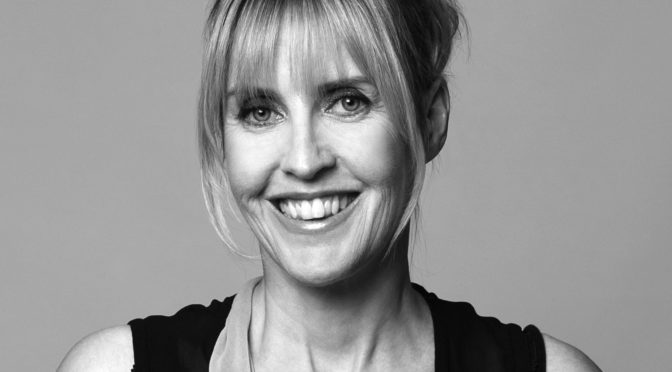The Stella Interview: Caro Llewellyn on Diving Into Glass

What was your first thought when you heard you’d been selected for the Stella shortlist?
Pure joy. I’m not sure that many people know – I certainly didn’t – that the shortlist comes with a cash prize. In addition, it comes with a three-week writing retreat on the Victorian coast, thanks to the Trawalla Foundation. Money, time and solitude (not to mention luxury solitude) are perhaps the hardest assets for a writer to come by, so these unexpected gifts in addition to peer recognition and the additional promotion and visibility which are also invaluable benefits, were, as I say, pure joy.
Can you share with us your favourite line or quote from your book?
My favourite line in the book comes at the end, when I’m sitting on a deck over the water in Italy with my eyes set to the horizon. To me that line is significant because I’m saying no matter how hard the journey has been, I’m still looking forward and there’s still much to come, despite disability. A few people have said to me after reading the book, “Wow, your life was so exciting.”
Of course, I don’t correct people at the time, that would sound churlish, but I can say it here – and this prize might be all the proof I need – that my life is still exciting!
In the end I trusted my memories, because it’s those that have shaped and guided my life.
Diving into Glass is a memoir which includes accounts of people with whom you have shared close relationships. What are the challenges of writing those you know into your story?
Two people rarely share the same memory. Every single person in my book will have a different perspective on the events I describe, because they’re seeing them through a different lens. It was one of the hardest things I dealt with in the book and sometimes, my recollection of stories from my father were different from how he described them at the end of his life when he recorded his memoirs. I wrestled with how to handle those instances but in the end I went with my memory of what he’d told me when I was growing up. Of course, I tried to fact check as much as I could and asked numerous people their recollections as well, but in the end I trusted my memories, because it’s those that have shaped and guided my life.
How long did this book take you to write from concept to completion?
15+ years – yes, 15! I can’t tell you how many versions there were.
How do you write? (Where, when, on what?).
I write directly to my computer. I sometimes carry a notebook and take notes but mostly I type straight into the manuscript. I was working all the way through the book in very big and stressful jobs, so I worked at night, weekends and spent every holiday chained to my computer. I actually loved it and am very happy when I’m writing so it didn’t feel like a burden and I needed to write this book, so it felt very positive.
What are some other Australian women and non-binary writers that you’ve recently enjoyed?
I’m loving Tara June Winch’s novel The Yield, which is also shortlisted by the Stella judges. It’s a powerful treatise on language and storytelling by a wonderful writer.
What are you working on next?
A novel about a woman returning to Australia after a long absence. It’s also a love story and play on truth and fiction.




